Collected Poems
Black Inc., $59.99 hb, 736 pp, 9781760640965
Collected Poems by Les Murray
A seven-hundred-page Collected Poems? The cover photograph of the Big Bloke himself is an embodiment of what’s inside in all its sprawling abundance. As is his surname, which can’t help but invoke our country’s big river, whether in full flood, or slow trickle, or slow spreading billabongs.
The first Les Murray poem I read was more a chain of ponds: the long sequence Walking to the Cattle Place: A meditation, published in an issue of Poetry Australia in 1972. I’d received a complimentary copy because the magazine contained one of my first poems. When I finally tired of admiring mine, I somehow found the time to glance through the others. I was floored by Murray’s cow poems, as surely as if their small herd had trampled right over me. I forgot my own juvenile scribble. It was obvious that this was the work of an off-the-scale poetic imagination:
At the hour I slept
kitchen lamps were sending out barefoot children
muzzy with stars and milk thistles
stoning up cows.
They will never forget their quick-fade cow-piss slippers
Nor chasing such warmth over white frost, saffron to steam,
It will make them sad bankers.
It may subtly ruin them for clerks
The sequence begins in Sanskrit, and winds its way through various cattle cultures and languages from Xhosa to a stockman’s Aboriginal English, as the poet meditates his way through a single day. It was luscious stuff, not least because luscious is a favorite Murray adjective, whether applied to cattle-dung, or plants, or meat: ‘luscious bone-fruit’ in the darkly shocking ‘The Artery’. Although Murray is a celebrator of life to his own bony core, he is never one to avert his eyes from its horrors. Along with its companion cattle-slaughtering piece, ‘Death Words’, ‘The Artery’ prefigures the much later ‘The Cows on Killing Day’, a tour de force written from the collective point of view of a first-person-plural herd-consciousness. There is no other poem like it.
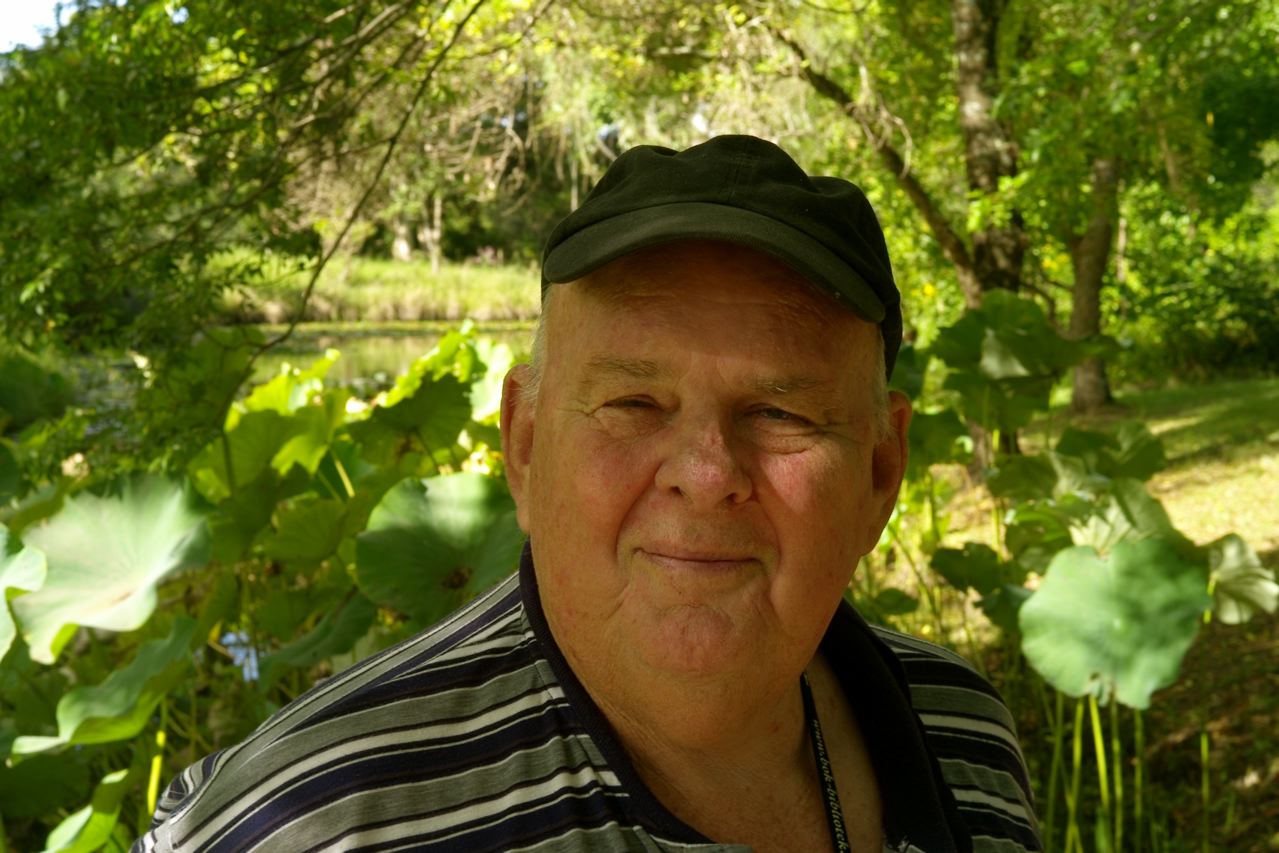 Les Murray (photograph via Black Inc.)
Les Murray (photograph via Black Inc.)
Murray was once derided as a mere writer of cow poems, but even if that were all he wrote, he would stand as one of the most original poets in the English language. Or any language. I have a Hindi selection of his work, Setu... (The Bridges...), structured (not surprisingly) around his cow poems, which proves the point in one very slim volume.
Of course, he was always more than that. Sometimes, to telling effect, he was even less. The next poem of Murray’s that gored me was ‘The Mitchells’, a half-mumbled, less-is-more piece so laconic it is almost an anti-poem, or perhaps a final Zen-like distillation of earlier celebrations of the laconic style (which I read later) such as ‘Noonday Axeman’. This stuff springs more from the dried creek bed than the Murray in full flood. He wrote an entire book of small pieces – poems the size of photographs – in 2002. ‘The Aboriginal Cricketer: Mid-19th Century’ is a brilliant exemplar, although the more recent ‘Dog Skills’, a poem from the wordless world of whistling up cattle dogs, perhaps sums it up best: ‘Where whistling reshaped fingers // and words were one syll.’
There are also slow-spreading lagoon poems – ‘The Dream of Wearing Shorts Forever’, ‘The Quality of Sprawl’ – and poems such as ‘The Broad Bean Sermon’, ‘Letters to the Winner’, and ‘The Shower’, which are more like a torrent of ideas and images.
Reading through this giant compendium makes you wonder if Murray could have published his various styles under various pseudonyms, like the Portuguese poet Fernando Pessoa, and ended up with different schools of critics squabbling with one another. The combative polemicist would attract plenty of critics in our easily outraged era, but you’d need a tin ear not to like the epigrammatist (‘No land rights for bankers’; ‘I adore the Creator because I made myself’) and maybe a tin eye to ward off his visual twin the imagist’s ‘galahs in their pink confederacy’, sheep in a parched field ‘like legal wigs’, a cemetery as ‘the absorbed marble chess of the dead’, and ‘it is the time of day / when shadows come in like animals / and shelter under their trees’. Then there is the performance poet, when Murray, who likes to claim he is tone-deaf, ramps up the music in poems like the percussive ‘Morse’, the railway-rhythmic ‘The Smell of Coal Smoke’, the sheer verbal brilliance of ‘The Mouthless Image of God in the Hunter-Colo Mountains’, or the entire Buladelah-Taree Holiday Song Cycle, with its origins in Indigenous traditions.
Most left-field is Les Murray the Strange Poet. When editing his New Oxford Book of Australian Verse (1986), he wrote of avoiding predictable selections, of seeking out his chosen poets’ ‘Strange Poem’: the poem in which they produce something better than, or beyond, their normal creative selves. There are countless very strange poems in this book, the much-anthologised ‘Bats’ Ultrasound’ still being as weird as any. Perhaps it was written to prove or to disprove the philosopher Thomas Nagel’s essay ‘What Is It Like to Be a Bat?’
ah, eyrie-ire, aero hour, eh?
O’er our ur-area (our era aye
ere your raw row) we air our array,
err, yaw, row wry aura our orrery,
our eerie ü our ray, our arrow.A rare ear, our aery Yahweh.
This atonal music, half fingernails on blackboard, half bat-sonar pitched beyond the ear’s range, was first published in the important 1987 collection The Daylight Moon, but already looked clairvoyantly ahead to where it would come to roost (and where it has migrated to in the omnibus under review): Translations from the Natural World (2003). Not many books as strange as this one have been published anywhere; it remains the most cutting-edge and most naturally avant-garde book published in this country. Numerous poems are sheer genius: ‘Mollusc’, ‘Prehistory of Air’, ‘Two Dogs’, ‘The Cows on Killing Day’ (of course), and its fellow crowdfunded consciousness poems, ‘Pigs’ and ‘Shoal’.
Thomas Nagel argued that ‘we are completely unequipped to think about the subjective character of experience’ – of a bat, say – ‘without relying on the imagination – without taking up the point of view of the experiential subject’. He argues, ‘This should be regarded as a challenge to form new concepts and devise a new method – an objective phenomenology not dependent on empathy or the imagination.’ Murray does his best to magic other subjectives into our subjective at least – and to shake off the anthropomorphism that plagues animal poems. Translations is a masterwork of mind-reading and ventriloquism – and a celebration of the dazzle of language. It’s hard to lift a line from these miniatures without diminishing them, but here’s a quatrain from an earlier, more straightforward animal poem, ‘Wagtail’, to show what tail-twitchy fun the poet is capable of:
Busy daylong
eating small species,
making small faeces,
and a great wealth of song.
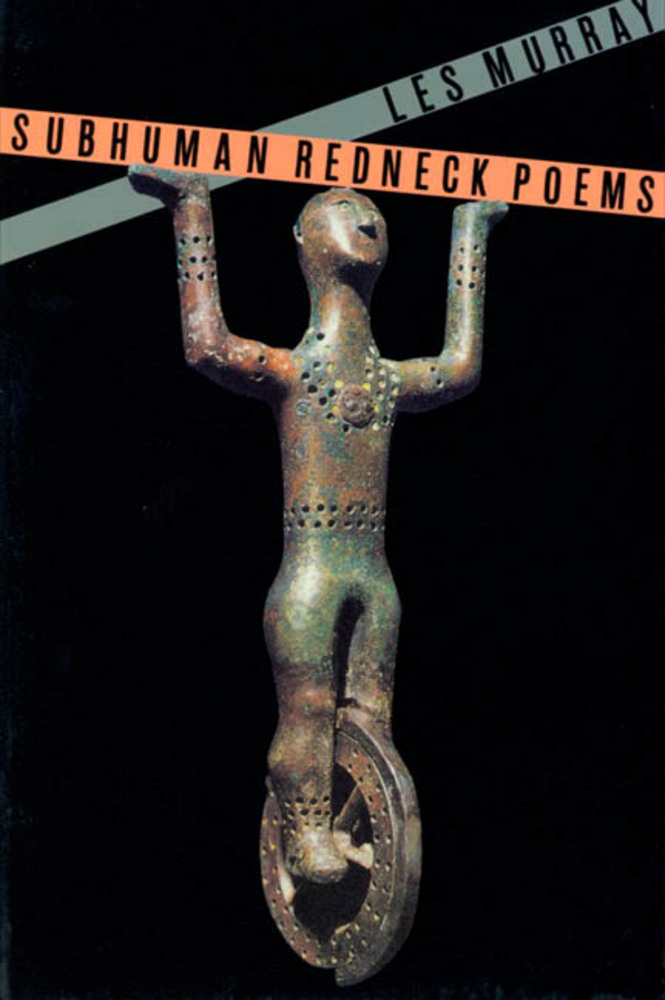 Subhuman Redneck Poems by Les Murray, 1996There are numerous Strange Poems in his most controversial volume, Subhuman Redneck Poems (1996). Many are fuelled by depression (‘compere of the pre-dawn show’), none more so than the hard-to-read ‘Corniche’, a poem in which the fear of dying becomes a longing for it as the only cure, or solution. And yet, as the poet wrestles with the darkest of thoughts:
Subhuman Redneck Poems by Les Murray, 1996There are numerous Strange Poems in his most controversial volume, Subhuman Redneck Poems (1996). Many are fuelled by depression (‘compere of the pre-dawn show’), none more so than the hard-to-read ‘Corniche’, a poem in which the fear of dying becomes a longing for it as the only cure, or solution. And yet, as the poet wrestles with the darkest of thoughts:
A self inside self, cool as conscience, one to be erased
in your final night, or faxed, still knows beneath
all the mute grand opera and uncaused effect –
that death which can be imagined is not true death.
‘Corniche’, like the other pre-dawn compèred poems in this book, is not easy to move past. But the sun rises again in the playful sarcasm of ‘The Rollover’: ‘Some of us primary producers, us farmers and authors / are going round to watch them evict a banker.’ There are also moving family portraits of the poet’s autistic son (‘It Allows a Portrait in Line Scan at Fifteen’) and of his dying father, Cecil (‘The Last Hellos’): ‘Don’t die, Dad – / but they die.’
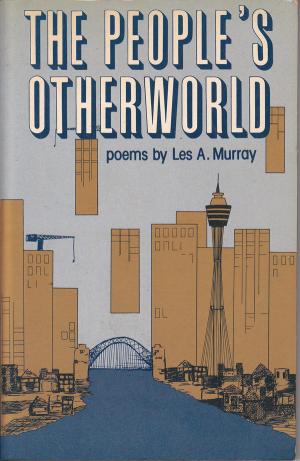 The People's Underworld by Les Murray, 1983Cecil’s elegy made me turn back a hundred-odd pages to The People’s Otherworld (1983) and reread the three celebrated poems Murray wrote in memory of his mother, who died when he was a boy. Otherworld is a ‘hinge’ volume in Murray’s work, besides ‘The Steel’ (the last line of which gives that volume its title) and various other poems I have already mentioned above, it contains ‘Equanimity’, with its satisfyingly steady-state vision:
The People's Underworld by Les Murray, 1983Cecil’s elegy made me turn back a hundred-odd pages to The People’s Otherworld (1983) and reread the three celebrated poems Murray wrote in memory of his mother, who died when he was a boy. Otherworld is a ‘hinge’ volume in Murray’s work, besides ‘The Steel’ (the last line of which gives that volume its title) and various other poems I have already mentioned above, it contains ‘Equanimity’, with its satisfyingly steady-state vision:
… it lights us from the incommensurable
we sometimes glimpse, from being trapped in the point
(bird minds and ours being so pointedly visual):
a field all foreground, and equally all background,
like a painting of equality. Of infinite detailed extent
like God’s attention. Where nothing is diminished
by perspective.
‘Equanimity’ offers us ‘a first approximation’ of heaven, to quote from the last poem in the same volume. ‘Satis Passio’ is a kind of Ars Poetica, offering several other overlapping definitions: ‘Art is what can’t be summarised’, ‘Art’s best is a standing miracle / at an uncrossable slight distance’, and ‘there is this quality to art / which starts, rather than ends, at the gist. / Not the angle, but the angel.’
Murray seems to me like some maverick, hyper-verbal angel, plonked down among us to mess with our heads, move our hearts, make us dabble our toes in luscious dung, and shower us with language in Shakespearean abundance. Given the autism in his family, his own gifts have a semi-autistic flavour. His brain is a very strange connecting machine, capable of the loosest of loose associations in a richly metaphoric way. He does and says what he likes, unconstrained by the tastes of the last fifteen minutes. He takes enormous risks and, if occasionally he doesn’t succeed, he is never afraid to have a go. He has, in short, absolute nerve. Which includes dedicating most of his books, including this one, to The Glory of God.
Snobs mind us off religion
nowdays, if they can.
Fuck them. I wish you God.
Snobs, agnostics, or believers, we are surely all on the same page when it comes to celebrating the beauties and wonders – and continuing profound mysteries – of existence and consciousness.
Back to ‘Walking to the Cattle Place’ and the closing lines of ‘Death Words’: ‘Perhaps God is inevitable. / He will not necessarily come, though, again, in our species.’
There was nothing inevitable about the strange angel Les Murray. He is a one-off fluke, so singular it’s hard to see a poet like him coming again in our species. As a bat? Maybe.
(A tick means you already do)






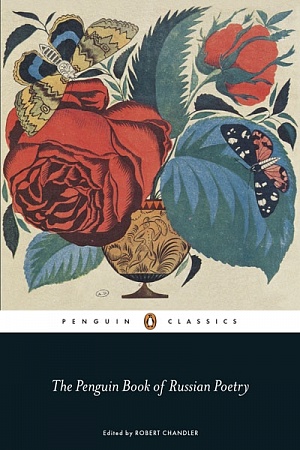

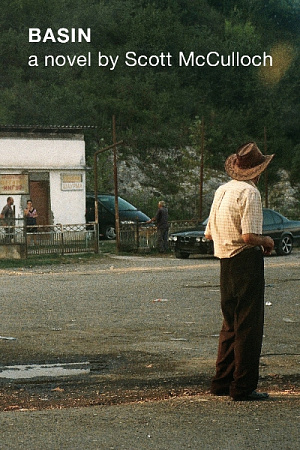
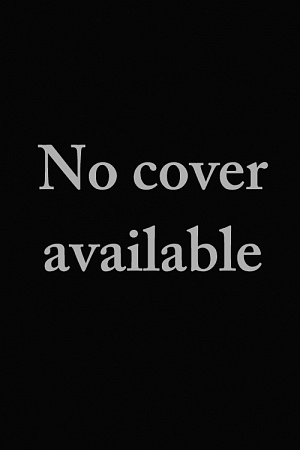
Leave a comment
If you are an ABR subscriber, you will need to sign in to post a comment.
If you have forgotten your sign in details, or if you receive an error message when trying to submit your comment, please email your comment (and the name of the article to which it relates) to ABR Comments. We will review your comment and, subject to approval, we will post it under your name.
Please note that all comments must be approved by ABR and comply with our Terms & Conditions.